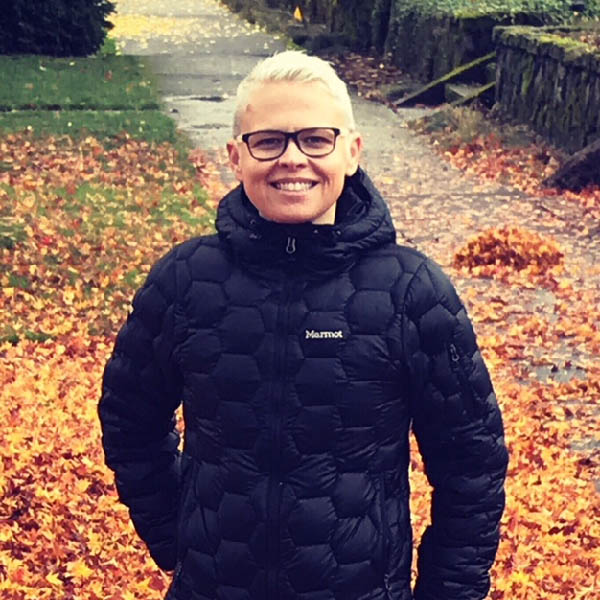Page 18 • (421 results in 0.028 seconds)
-
336: Deviance SOCI 413: Criminological Theory SOCI 495: Internship SOCI 499: Capstone STAT 233: Introductory Statistics 4 semester hours of a SOCI Inequality Elective course. Choose from SOCI 210 (Gender and Society), 240 (Social Problems), 332 (Race and Ethnicity), or 410 (Social Stratification). 4 semester hours of a Criminal Justice Elective course. Choose from SOCI 226 (Delinquency and Juvenile Justice), 287 (ST in Criminal Justice), 387 (ST in Criminal Justice), SOCI 494 (Gender and Violence
-
SOCI 232: Research Methods SOCI 330: Family or SOCI 336: Deviance SOCI 496: Sociological Theory SOCI 499: Capstone STAT 233: Introductory Statistics 4 semester hours of a 200-level SOCI course. Choose from 210 (Gender and Society), 240 (Social Problems), or 287 (ST in Sociology). 4 semester hours of a 400-level SOCI course. Choose from 410 (Social Stratification), 494 (Gender and Violence), or 495 (Internship). Plus: 8 semester hours of SOCI electives not used above. Choose from 210 (Gender and
-

much to say about the tangible ways that technological innovation directly shapes her work and experiences. “Not long ago, when my graduate school advisor was a graduate student, you would have to run statistics by going to a big computer room on campus and have the tech enter in numbers for your calculations,” said McLaughlin. “If you got your results back and there was a number wrong, you’d either have to go through the entire process again or do it by hand, both of which were tedious.” Today
-
before all of the prerequisites are complete). See Prerequisites Equivalency. Bachelor’s degree from a regionally accredited institution with 3.0 (on a 4.0 scale) minimum cumulative GPA (from all the courses you have taken. Learn more about Calculating Your NursingCAS GPAs.) Completion with a minimum grade of B- or better in each prerequisite course (See exceptions due to COVID-19): College-level Statistics (both descriptive and inferential) Human Anatomy and Physiology I (with lab within last six
-

: Macroeconomics, Financial Econometrics Teaching Areas: Macroeconomics, International Economics, Managerial Economics, Statistics, and Econometrics Biography Krisztina Nagy (n-odge as in Dodge like the car) is an experienced teacher and researcher focusing on international economics and econometric analysis. She is passionate about teaching her craft to both undergraduate and graduate students and she especially enjoys guiding students to see the interconnectedness of today’s world. Dr. Nagy has taught at
-
teams. #2. Make decisions & solve problems. #3. Communicate well verbally with people inside and outside of unit. #4. Plan, organize, & prioritize work. #5. Proficiency with computers and technology. #6. Ability to sell and influence others. #7. Imagine, create, and see connections. #8. Storytelling and maximizing stories. Source: Data compiled by the U.S. Bureau of Labor Statistics, Forbes Magazine, & the National Association of Colleges & Employers.
-
-level physics teachers. Pre-Health Sciences Advising Pre-Health Sciences Advising at Pacific Lutheran University provides advising and support to students and alumni who are interested in exploring careers in the health professions including medicine, dentistry, optometry, veterinary medicine and other related fields. Psychology The Psychology department provides a core of courses covering research methodology, statistics, and historical and systemic perspectives. In addition, professors offer
-

, according to statistics from the National Association of Colleges and Employers. Want to get involved and help PLU students launch their careers, just as Tisha Graham ’09 has done? Visit the Career Connections website to learn more about how you can help ensure student access to internships, job shadowing and career opportunities. If you’d like additional information, email career@plu.edu.
-
, government, and business. Students who graduate with a B.A. in sociology and enter the job market directly will find themselves competing with other liberal arts students, but with an advantage – knowledge of key social factors and a firm grasp on research design and methods. This advantage of a sociology major provides breadth and the potential for adaptability. Students who especially enjoy research design, statistics, and data analysis seek positions in marketing, assessment, public relations, and
-

proceedings, 100 + scholarly and invited talks throughout the world on character education and moral reasoning of general and competitive populations. Dr. Beller holds a doctorate in Sport Philosophy and Ethics from University of Idaho and teaches courses in sport ethics, statistics, and research design within WSU’s College of Education. She, her husband Mark who is a high voltage lineman for WSU, and their five year old son Tyler live on a small ranch in the Hoodoo mountains of Northern Idaho.
Do you have any feedback for us? If so, feel free to use our Feedback Form.


